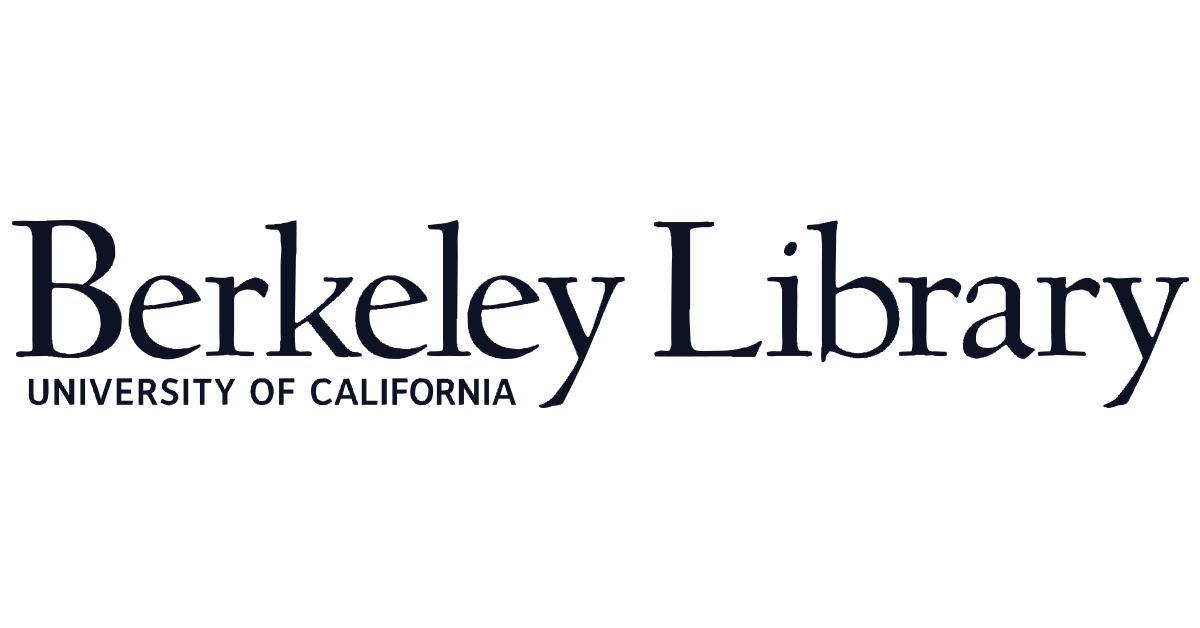Inclusive education and economic growth in the WAEMU zone
DOI:
https://doi.org/10.5281/zenodo.14003339Keywords:
inclusive education, economic growth, PMG method, ARDL modelAbstract
In developing countries, economic growth is generally meager; i.e. 3.1% in 2018 (World Bank, 2019). Several factors explain the low growth in developing countries, and among these factors is inclusive education, because in Africa, girls are the least educated in society due to income inequality (Elu, 2018). This raises the question of whether inclusive education contributes to dynamic economic growth in the WAEMU zone.
This article aims to show the contribution of inclusive education (gender parity) to economic growth in the WAEMU over the period 2001-2017. Using an ARDL model, the PMG estimation method reveals that inclusive education contributes to growth. Hence, it calls for economic policy implications to foster education for all, as advocated by the Sustainable Development Goals.
Downloads
Published
How to Cite
Issue
Section
License

This work is licensed under a Creative Commons Attribution-NonCommercial-NoDerivatives 4.0 International License.























